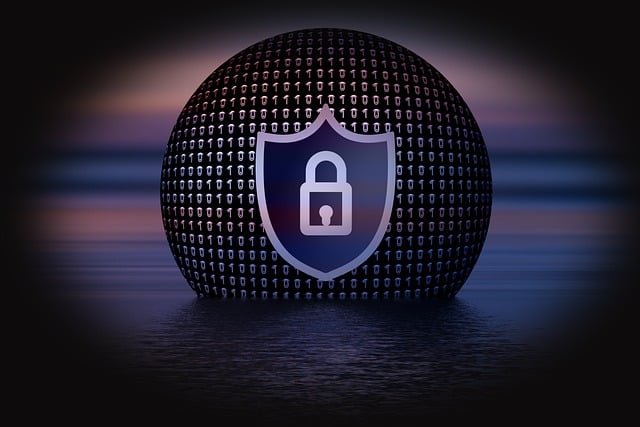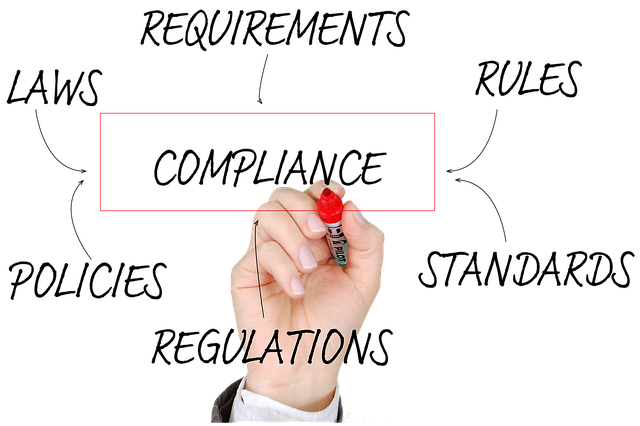Employee screening in the security industry is vital for compliance and risk mitigation. Background checks, drug screenings, reference verifications, and psychological assessments identify potential risks. Adhering to industry standards and regulatory requirements ensures ethical conduct, protects sensitive information, and strengthens defenses against internal and external threats. Robust recruitment practices attract, select, and retain committed individuals aligned with industry compliance standards, enhancing organizational resilience.
In today’s complex security landscape, ensuring robust employee screening is paramount. The security sector faces unique risks, from sensitive information handling to high-risk environments. This article delves into the critical aspects of comprehensive employee screenings, exploring how they mitigate risks and ensure industry compliance. We’ll discuss regulatory requirements, best practices for thorough background checks, and strategies to foster a strong security culture through recruitment, emphasizing the essential role of screening in safeguarding operations.
- Understanding the Unique Risks in Security
- The Role of Employee Screening in Mitigation
- Regulatory Requirements for Industry Compliance
- Best Practices for Thorough Background Checks
- Enhancing Security Culture through Recruitment
Understanding the Unique Risks in Security

The security industry, by its very nature, operates in a high-risk environment, where potential threats are ever-present and diverse. Unlike traditional offices or retail settings, security personnel often find themselves in sensitive locations, handling confidential information, and interacting with individuals from all walks of life. This unique position exposes them to a range of risks, from physical harm to data breaches.
Comprehensive employee screening is not just a best practice; it’s an essential tool for mitigating these risks. Background checks, including criminal history reviews, drug screenings, and reference verifications, help identify potential security threats. Moreover, understanding industry-specific compliance requirements, such as those mandated by the security industry itself, ensures that companies employ individuals who adhere to strict ethical standards. This holistic approach to screening fosters a safer work environment and bolsters the industry’s overall resilience against internal and external risks.
The Role of Employee Screening in Mitigation

Employee screening plays a pivotal role in mitigating risks within the security industry. It’s an essential tool for ensuring compliance with stringent regulations, particularly given the sensitive nature of the work. By thoroughly vetting candidates, organizations can identify potential vulnerabilities or associations that could expose them to security threats. This proactive approach helps prevent individuals with malicious intent or compromising backgrounds from gaining access to secure facilities, information, and personnel.
Effective screening processes include background checks, reference verification, and psychological assessments tailored to the specific demands of the security sector. These measures not only protect the organization but also foster a culture of trust and accountability among employees. In today’s digital era, where threats are ever-evolving, robust employee screening is a game-changer in safeguarding the integrity of the security industry.
Regulatory Requirements for Industry Compliance

In the security sector, ensuring industry compliance is paramount. Regulatory requirements mandate rigorous employee screenings as a fundamental aspect of operational security. These standards are in place to safeguard sensitive information and critical infrastructure from internal and external threats. Compliance involves verifying identities, checking criminal records, and assessing potential vulnerabilities that could compromise security protocols.
The security industry’s regulatory framework demands comprehensive background checks, including verification of employment history, educational qualifications, and any relevant certifications. By adhering to these guidelines, security firms can maintain a robust defense against malicious activities and ensure the integrity of their operations. Effective screening processes play a pivotal role in mitigating risks and fostering public trust in the security services provided.
Best Practices for Thorough Background Checks

In the security industry, ensuring robust compliance is non-negotiable. Best practices for thorough background checks involve multiple layers of verification. These include checking criminal records, verifying employment history, and assessing potential biases or risk factors through comprehensive interviews. Utilizing advanced technology for data cross-referencing enhances accuracy and efficiency in these processes.
Regular updates on security clearances and ongoing monitoring are also key components. Companies should implement robust internal protocols to ensure every employee undergoes periodic re-evaluation, reflecting changes in their personal or professional lives that could impact security risks. This proactive approach aligns with industry standards for compliance, fortifying the security landscape.
Enhancing Security Culture through Recruitment

In the dynamic and ever-evolving security industry, enhancing security culture starts from within—through robust recruitment practices. Companies in this sector must move beyond traditional hiring methods to meet the stringent requirements of modern security protocols. By implementing comprehensive employee screening processes, organizations can ensure that they attract, select, and retain individuals who not only possess the necessary skills but also embody a strong commitment to security excellence.
This involves rigorous background checks, including verifying credentials, criminal records, and previous employment histories. Moreover, assessing candidates’ awareness of security protocols, ethical decision-making, and their ability to adapt to changing threat landscapes is vital. Fostering a culture where every employee takes ownership of security not only boosts morale but also strengthens the organization’s overall resilience against potential risks and vulnerabilities, aligning with industry compliance standards.
